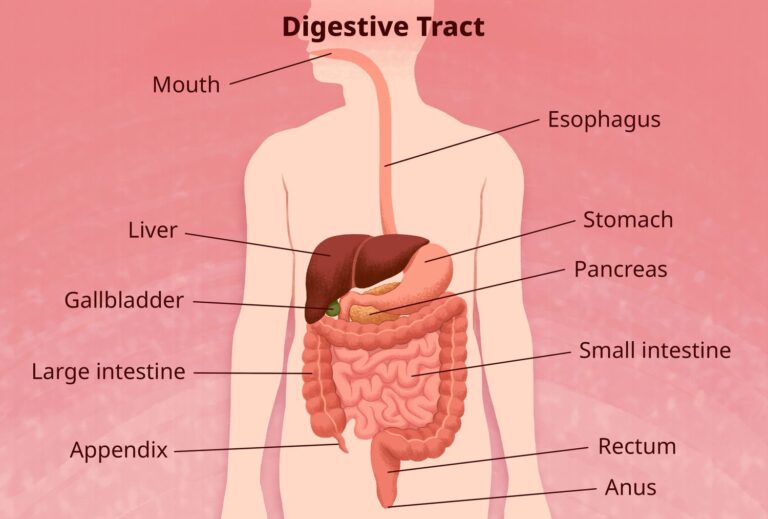Unmasking Hepatitis: Shedding Light on a Silent Killer
Each year, World Hepatitis Day is observed to raise awareness about viral hepatitis and its global impact. Hepatitis, characterized by inflammation of the liver, affects millions of people worldwide and can lead to severe health complications if left untreated. In this article, we uncover the truth about viral hepatitis, the different types, modes of transmission, and the importance of prevention and early detection.
Understanding Hepatitis:
Hepatitis refers to inflammation of the liver, a vital organ responsible for various metabolic functions. The most common types of viral hepatitis are hepatitis A, B, C, D, and E. Each type is caused by a different virus and has distinct modes of transmission and consequences.
Hepatitis A and E are primarily transmitted through contaminated food and water, while hepatitis B, C, and D typically spread through infected blood, unprotected sexual contact, or from mother to child during childbirth. Hepatitis B and C, in particular, can become chronic infections, leading to long-term liver damage and an increased risk of liver cancer.
Silent Threat:
One of the most concerning aspects of chronic viral hepatitis is its “silent” nature, often remaining asymptomatic for years or even decades. Many individuals infected with chronic viral hepatitis may not experience any noticeable symptoms, leading to delayed diagnosis and treatment.
When symptoms do occur, they can include fatigue, jaundice (yellowing of the skin and eyes), abdominal pain, nausea, and dark urine. However, it’s important to note that symptoms can vary depending on the type and stage of hepatitis.
Prevention is Key:
Preventing hepatitis starts with education and taking proactive measures to reduce the risk of infection. Vaccination is a crucial component in preventing hepatitis A and B. Routine immunization and adherence to recommended vaccination schedules can provide long-lasting protection against these viruses.
To prevent hepatitis C, it is essential to avoid behaviors that can lead to exposure, such as sharing needles or engaging in unprotected sexual activity. Additionally, practicing good hygiene, including regular handwashing and consuming safe food and water, can help prevent hepatitis A and E infections.
Early Detection and Treatment:
Timely detection and treatment are vital for managing hepatitis and preventing its progression to chronic liver disease. Regular screenings, especially for high-risk individuals, can help identify infections at an early stage when intervention is most effective.
Antiviral medications are available for certain types of chronic hepatitis, such as hepatitis B and C. In hepatitis C, medications now have excellent rates of cure whereas in hepatitis B the role of medications is to help control viral replication, reduce liver inflammation, and prevent further liver damage. It is important to consult with a healthcare professional to determine the most suitable treatment approach based on individual circumstances.
Global Impact and Advocacy:
Hepatitis is a global health concern affecting millions of people worldwide. World Hepatitis Day serves as a platform to advocate for increased access to prevention, testing, and treatment services. It aims to eliminate viral hepatitis as a public health threat by raising awareness, promoting vaccination campaigns, and urging governments to prioritize hepatitis prevention and control.
By supporting initiatives, sharing knowledge, and fostering a supportive environment, we can work together to reduce the burden of hepatitis and improve the lives of those affected.
Conclusion:
World Hepatitis Day reminds us of the urgent need to address the silent threat of viral hepatitis. By understanding the different types, modes of transmission, and prevention strategies, we can protect ourselves and others from this potentially life-threatening disease. Early detection through screenings and appropriate medical interventions can significantly improve outcomes and reduce the long-term complications associated with hepatitis. Let us unite in the fight against hepatitis, advocating for widespread awareness, access to vaccinations, and comprehensive healthcare services to eradicate this silent killer.
For Queries regarding Gastroenterology feel free to reach out on
hello@drneildubai.com
or
Whatsapp me at +971506708472
or
Visit me at @healthbayclinic ‘s Day Surgery Center, 977 Al Wasl Road, Dubai







